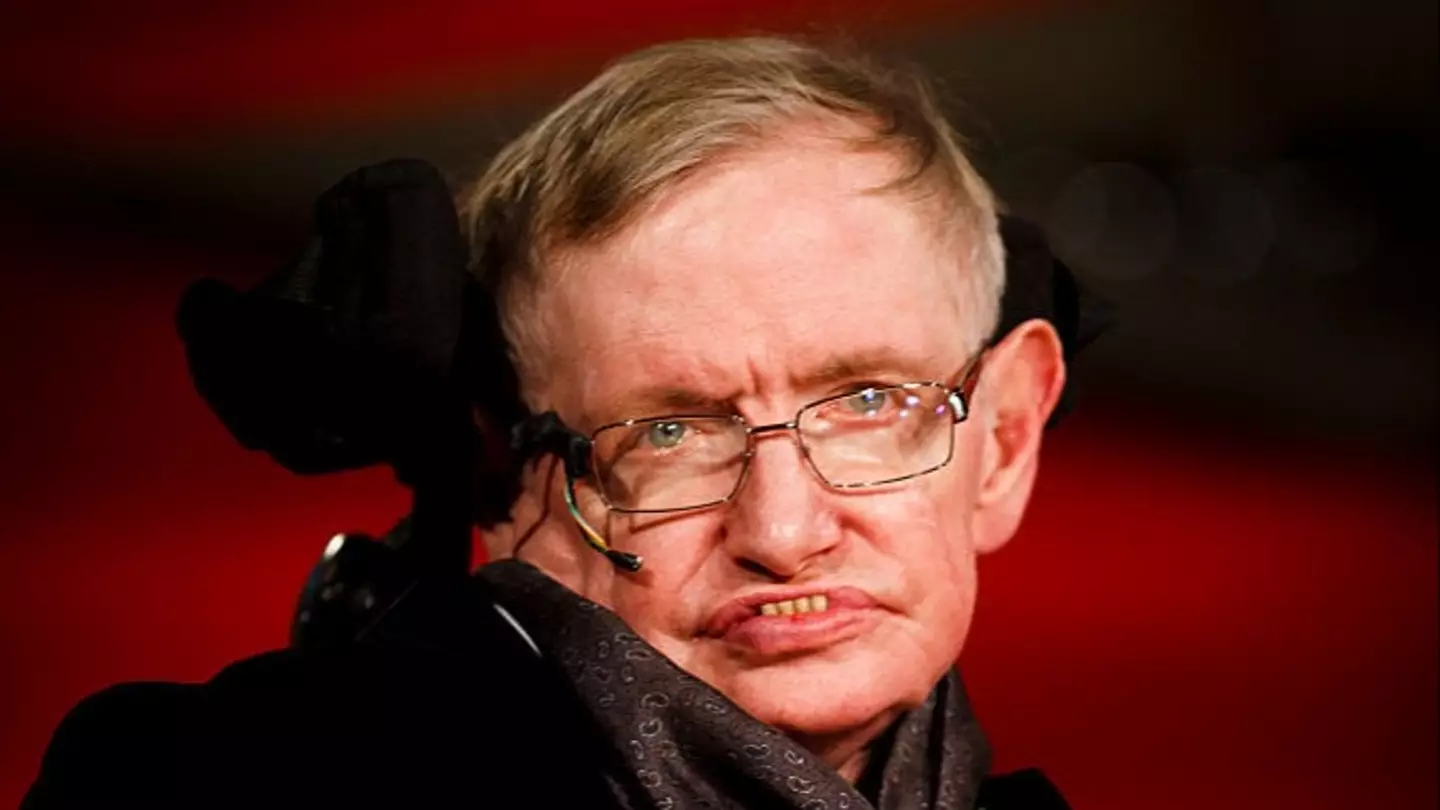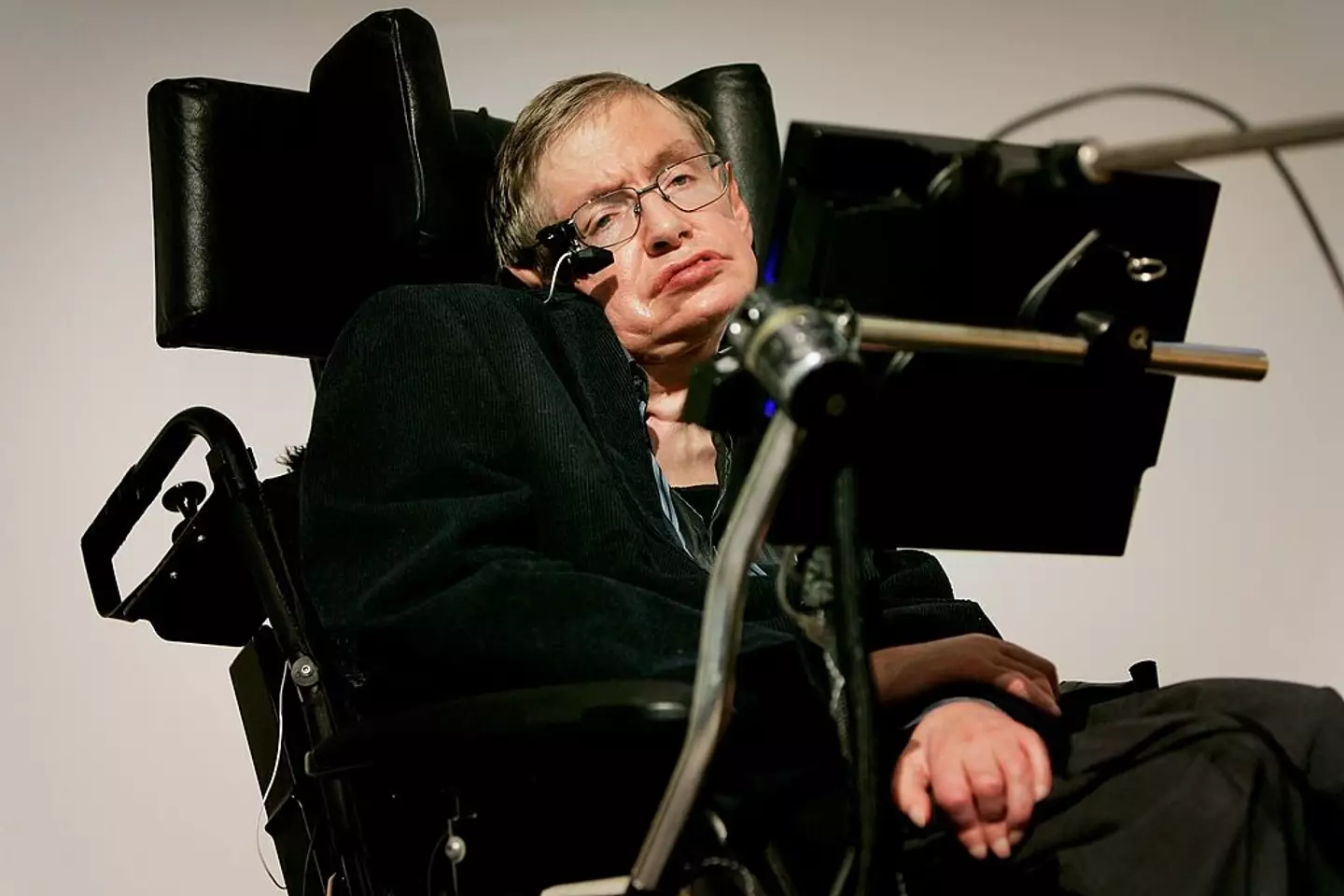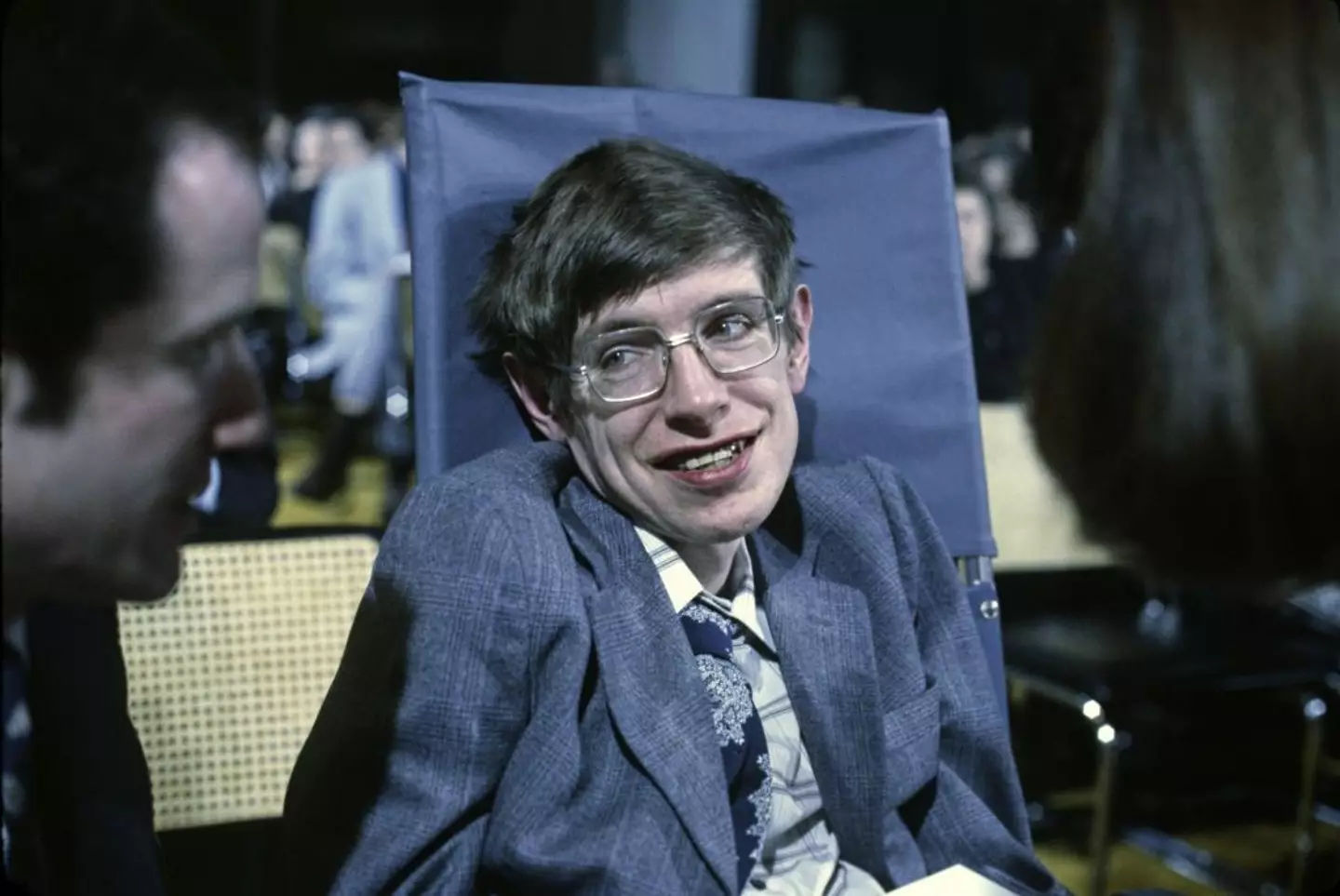
Stephen Hawking had an unsettling response when asked what happens after we die.
While it's difficult to quantify how many people are actually scared of dying, it is believed that around 41 per cent of the general population suffer from death anxiety, according to a 2023 YouGov study.
And so, many people are fascinated by what happens during and after you die, as those who are more religious believe in life after death.
But when you ask a theoretical physicist about the possibility of an afterlife, you'd best believe that most will not entertain such an idea.
Advert
Hawking, who passed away in 2018 at the age of 76 after living with Amyotrophic Lateral Sclerosis (ALS) for most of his adult life, had previously revealed his stance on whether there is such a thing as an afterlife when we die.

The revolutionary scientist, responsible for the theory of Hawking radiation, told The Guardian in 2011: "I have lived with the prospect of an early death for the last 49 years. I'm not afraid of death, but I'm in no hurry to die. I have so much I want to do first.
"I regard the brain as a computer which will stop working when its components fail.
"There is no heaven or afterlife for broken down computers; that is a fairy story for people afraid of the dark."
As depressing as that might sound, he emphasised the importance of making good use of our short time on Earth, as 'we should seek the greatest value of our action'.
"Science is beautiful when it makes simple explanations of phenomena or connections between different observations," he added. "Examples include the double helix in biology and the fundamental equations of physics."
Just months after his death at the age of 76, his final thoughts on the advancements of AI were published to the public.

"We may face an intelligence explosion that ultimately results in machines whose intelligence exceeds ours by more than ours exceeds that of snails," Hawking wrote in his book Brief Answers to the Big Questions.
"It’s tempting to dismiss the notion of highly intelligent machines as mere science fiction, but this would be a mistake - and potentially our worst mistake ever."
It seems that it was well ahead of the game and predicted in 2014 that ‘the development of full artificial intelligence could spell the end of the human race’.
He said to the BBC: "It would take off on its own, and re-design itself at an ever-increasing rate. Humans, who are limited by slow biological evolution, couldn't compete, and would be superseded."
Hopefully, one of the most groundbreaking scientists in human history isn't right about everything.
Topics: Stephen Hawking, Science, Health